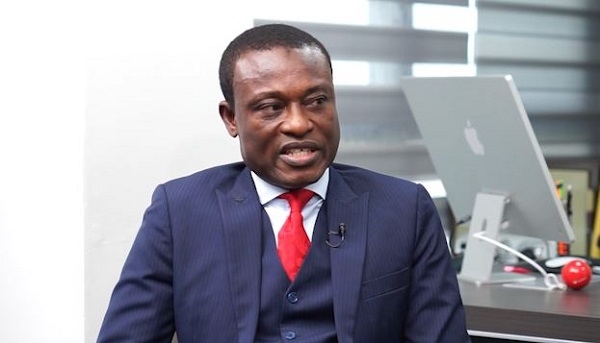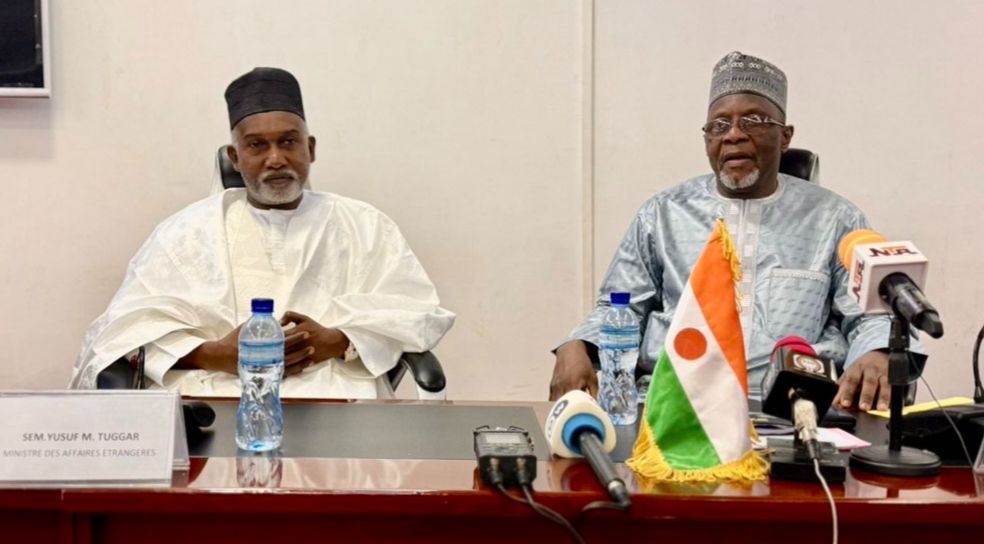UK Labour Leader Starmer Emphasizes Middle East Stability as Global Priority
The Middle East faces heightened tensions following US strikes on Iran's nuclear facilities, an action that has prompted widespread international reactions and calls for de-escalation. Early on a Sunday morning, the United States targeted three sites in Iran, with former President Donald Trump asserting that key nuclear sites were "completely and fully obliterated." Trump also issued a warning of potential further strikes should Iran retaliate, while Iran is reportedly considering all available options.
Sir Keir Starmer, the UK Prime Minister, underscored the critical importance of stability in the Middle East, describing it as "a priority." He urged Iran to engage in diplomatic negotiations to resolve the crisis, emphasizing that Iran must not be permitted to develop nuclear weapons, and the US action was aimed at alleviating this threat. Starmer clarified that while the UK was informed in advance of the strikes, it was not directly involved. He stressed that the focus remains on de-escalation due to the significant risk of the conflict escalating both within and beyond the region, particularly concerning Iran's nuclear program. A COBRA crisis committee meeting was scheduled for the Prime Minister to chair on Sunday afternoon.
Reactions from world leaders and international bodies varied significantly. Israel's Prime Minister Benjamin Netanyahu lauded Trump's decision, calling it a "bold decision to target Iran's nuclear facilities with the awesome and righteous might of the United States" that will change history by denying the world's most dangerous regime the most dangerous weapons. Conversely, UN Secretary-General Antonio Guterres expressed grave alarm at the use of force, labeling it a "dangerous escalation in a region already on the edge" and a direct threat to international peace and security, warning of catastrophic global consequences if the conflict spirals out of control. European Union foreign policy chief Kaja Kallas echoed calls for all sides to step back, return to the negotiating table, and prevent further escalation, reiterating that Iran must not be allowed to develop a nuclear weapon.
Further international condemnation and calls for restraint emerged from various nations. Russia's former president Dmitry Medvedev commented on Trump initiating a "new war for the US." China strongly condemned the attack, citing violations of the UN charter and urging a cessation of attacks and immediate negotiations. Germany's Chancellor Friedrich Merz called for immediate talks between Iran, the US, and Israel. France, Italy, Cuba, and Venezuela all urged diplomatic solutions and condemned the aggression, emphasizing adherence to international law and the Non-Proliferation Treaty. NATO member Turkey voiced concerns that the strikes could lead to a global conflict, stressing the importance of preventing such a spread. Iraq, Saudi Arabia, and regional players like Hamas and the Houthis also condemned the strikes, with the latter vowing support for Iran. Lebanon, Qatar, the United Arab Emirates, and Oman all expressed deep concern and called for immediate restraint to avoid further instability and humanitarian repercussions in a region already burdened by conflicts. Even Pakistan, which had previously nominated Trump for a Nobel Peace Prize, condemned the strikes as a "deeply disturbing" escalation. Pope Leo appealed for peace and international diplomacy during his Sunday Angelus prayer, urging the international community to prevent an "irreparable abyss" of war. Maryam Rajavi, head of the Iranian opposition group National Council of Resistance of Iran, stated that the Iranian Supreme Leader Khamenei must go, claiming his unpatriotic project had cost the Iranian people trillions and now "all gone up in smoke."












